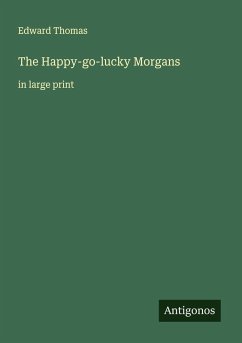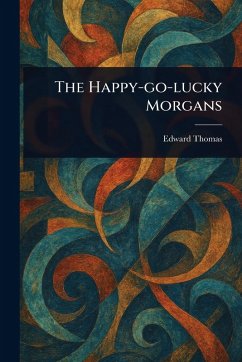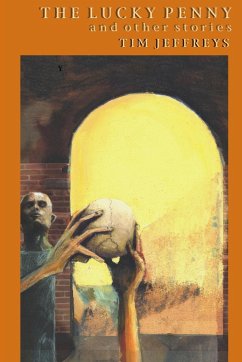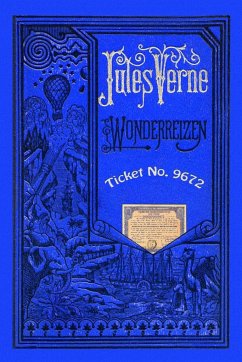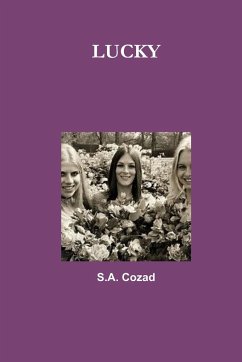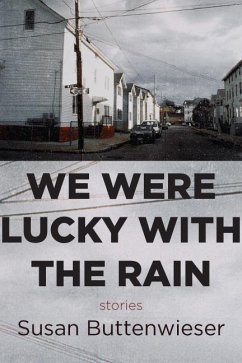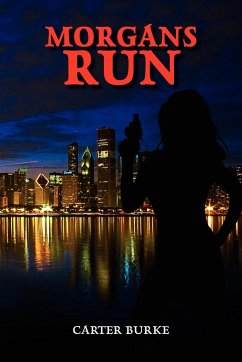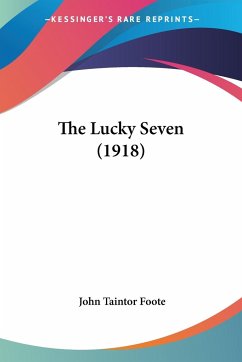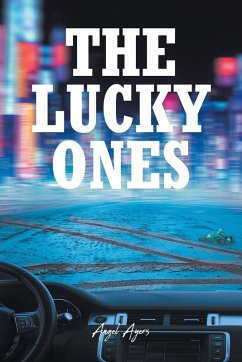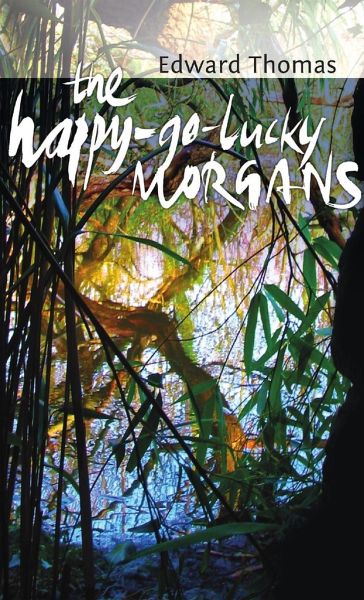
The Happy-Go-Lucky Morgans
Versandkostenfrei!
Versandfertig in 1-2 Wochen
19,99 €
inkl. MwSt.

PAYBACK Punkte
10 °P sammeln!
The Morgan family live at Abercorran House in Balham - they're friendly, welcoming, slightly eccentric and Welsh. Arthur Froxfield becomes a frequent visitor and recounts the stories he heard there of swan maidens, the Castle of Leaves and the house of the days of the year. When Arthur revisits a Morganless Abercorran House he remembers the days spent with Philip roaming through the house, the countryside and "that three-acre field which was the garden of Abercorran House and called by us The Wilderness. Under the trees lay a pond ... a pond needs nothing else except boys like us to make the b...
The Morgan family live at Abercorran House in Balham - they're friendly, welcoming, slightly eccentric and Welsh. Arthur Froxfield becomes a frequent visitor and recounts the stories he heard there of swan maidens, the Castle of Leaves and the house of the days of the year. When Arthur revisits a Morganless Abercorran House he remembers the days spent with Philip roaming through the house, the countryside and "that three-acre field which was the garden of Abercorran House and called by us The Wilderness. Under the trees lay a pond ... a pond needs nothing else except boys like us to make the best of it." The Happy-Go-Lucky Morgans, originally published in 1913, is Edward Thomas's only novel. Edward Thomas 1878-1917 was a journalist and literary critic - a close friend of Robert Frost and a champion of W H Davies. He turned from writing prose to poetry in 1914, encouraged by Robert Frost who had recognised an innate poetry in Thomas's prose writing.





